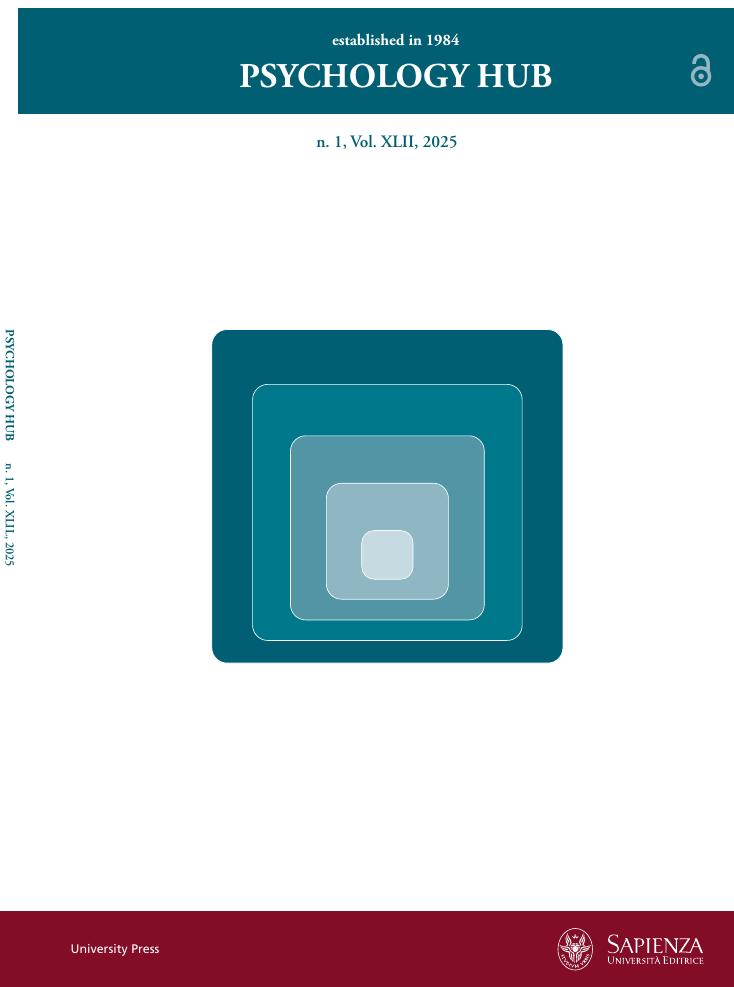Self-control and Problematic Behaviours among Incarcerated Juveniles: Coping Strategies as a Mediator
DOI:
https://doi.org/10.13133/2724-2943/18344Keywords:
Self-control, Coping strategies, Problematic behaviours, JuvenileAbstract
Problematic behaviour among juveniles has long been a concern for the general public on a worldwide basis. 4,833 juveniles offences were reported in 2019, according to the Department of Statistics Malaysia. This study aims to examine the association between self-control, coping strategies and juvenile problematic behaviours by using coping strategies as mediators. This cross-sectional quantitative study included 229 juveniles from six juvenile rehabilitation residential institutions, also known as Sekolah Tunas Bakti in Malaysia (86.9% male and 13.1% female).A Malay version of the Self-Control Scale (Grasmick et al., 1993), The Brief-COPE Scale (Muhamad Saiful, 2011) and the Strength and Difficulties Questionnaire (Goodman, 1997) were used to examine the relationships among self-control, coping strategies and juvenile problematic behaviours. The key findings revealed that dysfunctional coping strategies mediates the association between self-control and juvenile problematic behaviours since the relationship between self-control and juvenile problematic behaviours has been widely researched in past studies. Using coping strategies as mediators, this findings supporting the notion of Gallagher's Personality-Coping-Outcome Theory. To the extent of practical contribution, the Malaysian government and Sekolah Tunas Bakti may employ the study's findings to create effective prevention or intervention initiatives that could eventually lower the number of juvenile criminal conducts.
Additional Files
Published
How to Cite
Issue
Section
License
Copyright (c) 2025 Psychology Hub

This work is licensed under a Creative Commons Attribution-NonCommercial-ShareAlike 4.0 International License.





